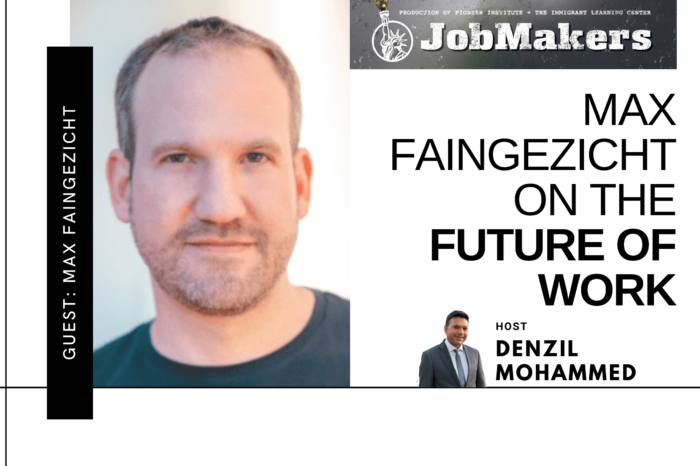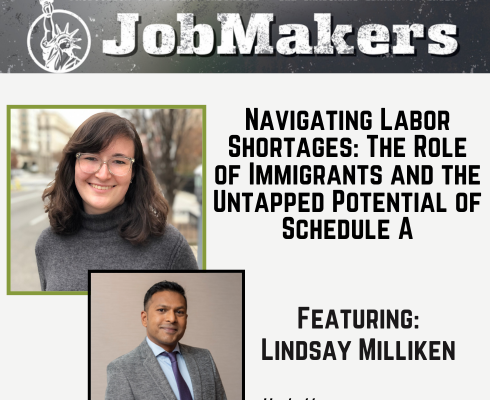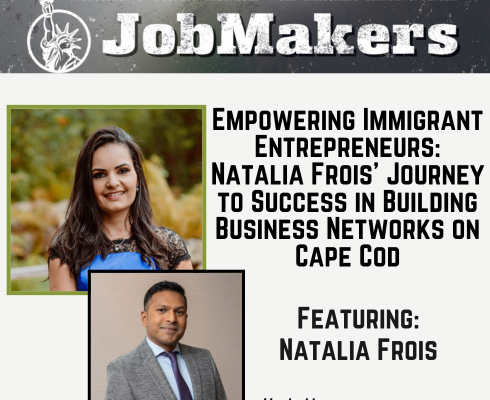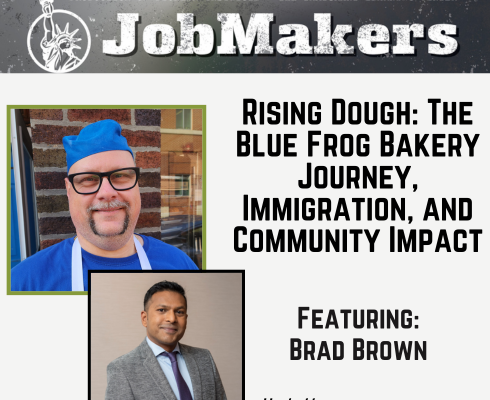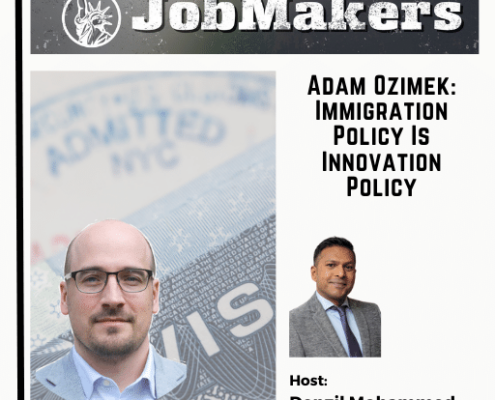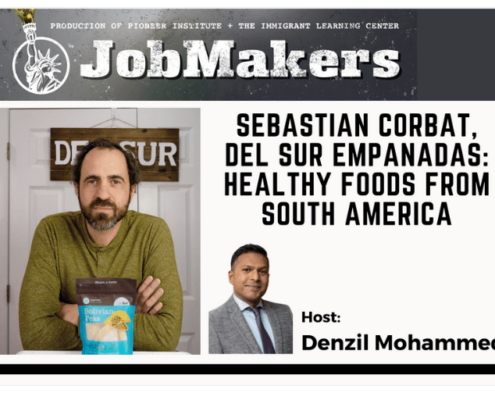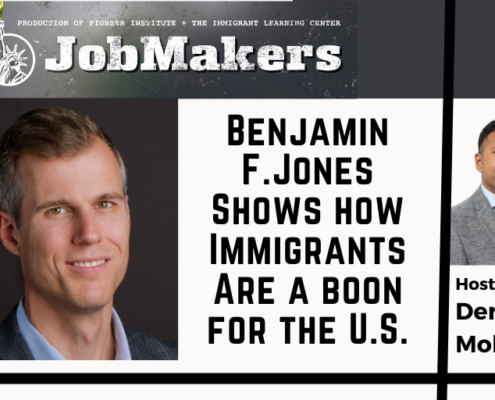Max Faingezicht on the Skills Gap & the Future of Work
This week on JobMakers, host Denzil Mohammed talks with Max Faingezicht, an immigrant who founded ThriveHive, a marketing software company for small businesses, and Telescoped, which uses remote software engineering to connect Latin American engineers with U.S. companies in need of their skills. The entrepreneurial ecosystem of Boston and Cambridge have allowed Max to achieve dreams he didn’t even know he had when he arrived. He can now foster entrepreneurship in his home country of Costa Rica while bringing much-needed talent to U.S. companies, all the while influencing what the future of work will look like. In this episode, he shares his fascinating immigration story, as well as his ideas on where workers go next.
Guest:

Max Faingezicht is Co-Founder & Co-CEO at Telescoped, which connects companies with remote software developers to enable people to lead fulfilling lives. Previously, he was the Chief Technology Officer of ThriveHive, helping small and mid-sized businesses combine human guidance with easy-to-use technology to make marketing easy, effective, and affordable. Max joined the company in March 2016 via the acquisition of his startup, where he was Co-Founder and CEO. Max is a former small business owner who has worked as a product manager intern for the Kindle team at Amazon and has held engineering roles in industrial automation and artificial intelligence research. Max is passionate about empowering others through data-driven marketing technology. Max holds a BSEE from the University of Costa Rica and an MBA with a certificate for Entrepreneurship and Innovation from MIT Sloan.
Jobmakers is a production of Pioneer Institute and The Immigrant Learning Center.
Get new episodes of JobMakers in your inbox!
Recent Episodes

